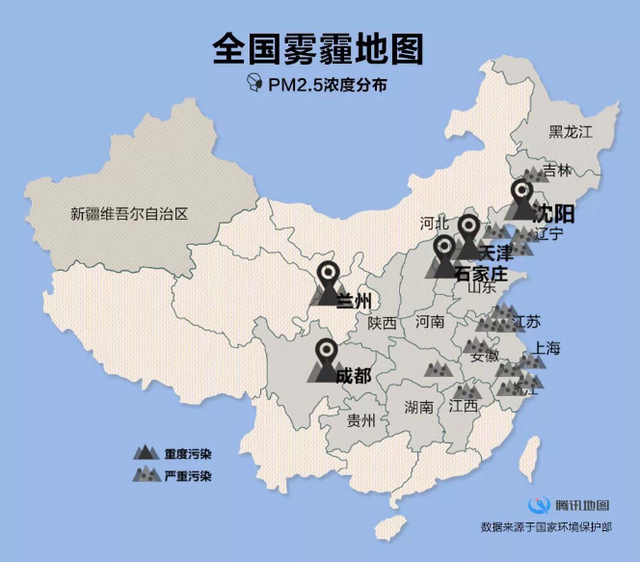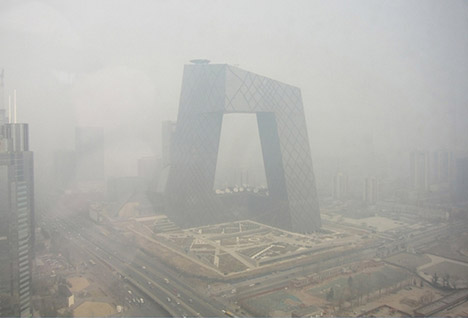More and more cites are enforcing law to reduce the use of plastic bags, and replace them with paper bags or reusable
bags, but are these bags really better than plastic bags?
At least not in a financial stand point, a paper published by NCPA states that after a study done within in cities that have plastic bag reduction law, find
no evidence of a reduction in costs attributable to
reduced use of plastic bags.
This is because paper bags, while biodegradable unlike plastics, are ten times heavier and they take up more space than plastic bags, and most reusable bags are made in China, and shipped all the way to other countries, therefore their environmental footprint is really large as well.
According to the paper, plastic bags are less than 0.5% of the total waste, and often paper bags don't have a chance to biodegrade in time. Therefore in total, cities are not saving any money in waste management from banning plastic bags.
So, is banning plastic bags a bad idea overall?
Not at all, because we don't ban plastic bags to make money, we ban plastic bags to protect our environment. Plastics don't biodegrade, it will took 500-1000 years for a plastic bag to break down into small pieces that our eye cannot see, but they never went away.
There are two examples to look into: Bangladesh uses plastic bags heavily, 9.3 million plastic bags are dumped in the city every day, with only 10-15% put in dustbins. The rest are left go into drainage and sewage lines, causing blockages.
On the other hand, Rwanda, a country located in the Africa, has banned the use of plastic bags nation-wide 18 years ago, now Rwanda is one of the cleanest country in Africa, the ban of plastic bag didn't just made to country cleaner, it booted the country's tourism, productivity and national pride.
http://www.ncpa.org/pdfs/st353.pdf
http://www.huffingtonpost.com/tom-carver/rwanda-plastic-bags_b_2680631.html
http://www.edie.net/news/0/Bangladesh-to-ban-plastic-bags-in-capital-city/5029/

























